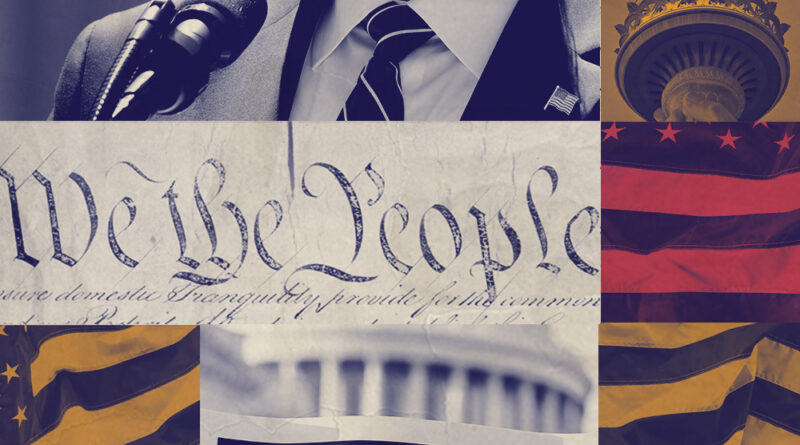Trump Rapidly Deploys National Guard in Response to Murder
As part of his anti-immigration stance, and in response to the political ripple caused by Charlie Kirk’s murder, U.S. President Donald Trump has hastened the strategy of deploying National Guard soldiers across cities nationwide to fight crime. These target cities, predominantly Democrat-led and racially diverse, are major urban centers and, without fail, helmed by African American mayors.
In recent weeks, Trump has announced a sweeping operation by ICE, the U.S. Immigration Service, including a troop deployment to Chicago, the nation’s third-largest city. Furthermore, he vowed to station the National Guard in New Orleans, Memphis, and New York, a metropolis with close to 9 million residents.
The demographic makeup of these cities stands in stark contrast to the national average of the United States. According to 2020 Census data, 57% of the U.S. population is white, 19% Latino, and only 12% Black. However, in these cities, the picture is far different.
For instance, in Washington, 41% of the population is Black. In Los Angeles, almost half the populace, 47%, are Latinos. Whereas in cities like Chicago and New York, the white population does not exceed 31%.
New Orleans and Memphis are special cases where more than half of the population is Black. In Memphis, 3 out of every 5 individuals are African American. Both cities have a rich cultural and historical Black heritage; with the former known for its carnival, cuisine, and jazz, and the latter housing the country’s largest civil rights museum.
Despite figures suggesting otherwise, Trump insists that crime rates in these major cities are spiking and that stern measures are required to counter this. He often resorts to strong rhetoric while describing the cities subjected to these actions.
In addition to previously mentioned, Trump labeled Los Angeles as a metro teeming with ‘criminal invaders and anarchy’ and promised to ‘reclaim’ New York. He pledged to ‘take charge’ of New Orleans and ‘handle the profound issues’ present in Memphis.
Experts perceive a narrative interlinked with the lengthy history of racism within U.S. public safety. In their view, deploying troops is not a successful strategy in combating crime.
‘One thing the data shows us is that the police force is most effective when they establish a trusting relationship with communities. Individuals need to be assured that when they call 911, the police will arrive, won’t violate their rights, and will address the situation without causing harm. To achieve that, collaboration is needed. With the current climate of fear, trust is dwindling.’
Specifically, Memphis has one of the highest homicide rates in the U.S., according to the FBI. Federal police data indicates a rate of 40 deaths per 100,000 residents in the city by 2024. In comparison, Salvador, the most violent capital in Brazil, reported 52 homicides per 100,000 people in the same year, as per the Brazilian Public Security Yearbook.
‘All the places mentioned have a history of violent crime,’ admits Headley. ‘However, there has been an improvement in recent decades, particularly due to initiatives funding community organizations, interventions, violence prevention, stable employment and youth activities.’
Anthropologist Faye Harrison opines that Trump is capitalizing on a policing infrastructure that has been built over the years. This system consists of a policy of mass incarceration and immigrant detention culminating in security militarization.
‘The distinction between roles and functions of local police and federal Armed Forces is being unprecedentedly blurred. A war has been declared on all alleged enemies of the nation.’

